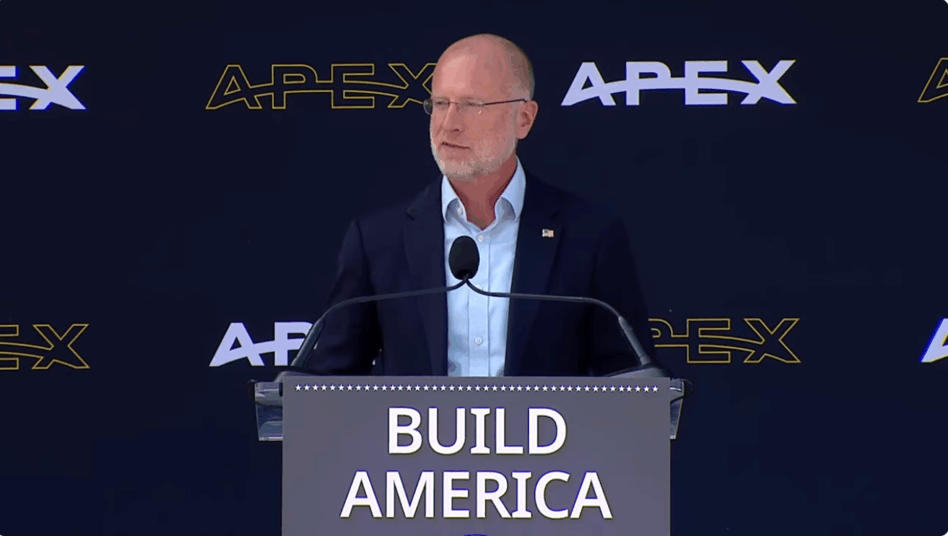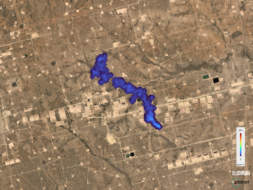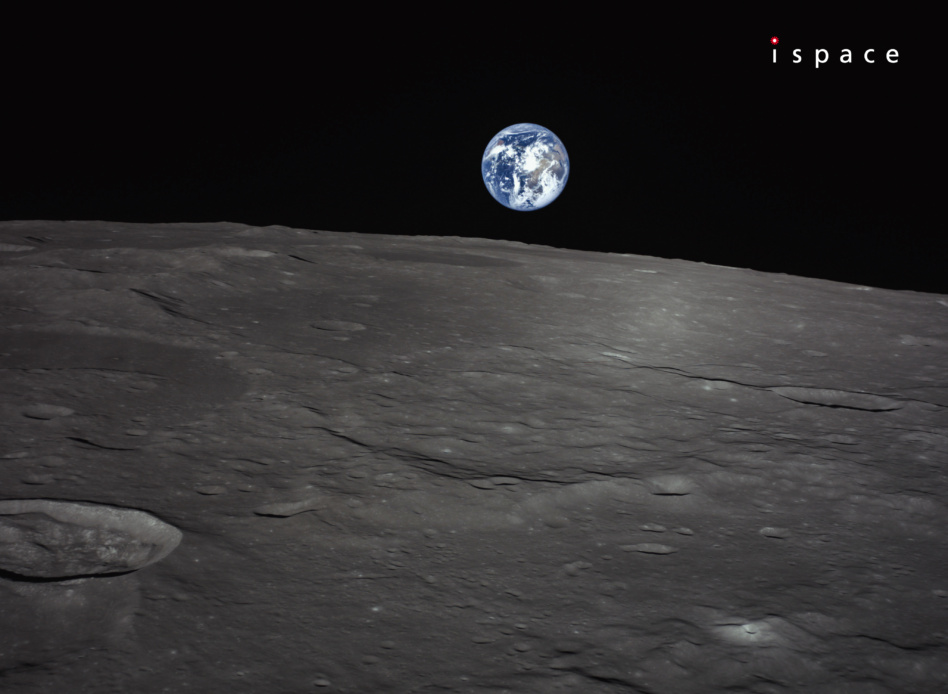FCC Chair Brendan Carr declared this October “space month”, and previewed some to-dos for the agency to make the US “the friendliest regulatory environment in the world for innovators to start, to grow, and to accelerate their space operations.”
Carr delivered the speech at a ribbon cutting in El Segundo, CA for Apex Space’s new satellite manufacturing facility.
The agenda: The FCC is expected to vote this month on a few items intended to streamline regulations for the space industry, including:
- Establishing a “licensing assembly line” instead of requiring unique licensing requirements for each satellite, which means moving from a “default to no” to “default to yes” for approving licenses, Carr said.
- Simplifying applications for spacecraft operators.
- Reviewing decade-old FCC rules for Earth stations in the “upper microwave flexible use service” to more efficiently use limited spectrum. (This relates to terrestrial wireless services for usages such as mobile, or IoT.)
“Combined, these actions will mark not just a small step forward, but a giant leap in the commission’s work to support US space dominance,” Carr said. “After being too timid for too long, America is finally getting its mojo back.”
Bigger picture: Carr talked about what he dubbed the “Space Race 2.0,” where the US and China are competing to reach milestones and set norms in orbit.
“I want to be clear about the challenge and the stakes ahead,” he said. “A world where the government in China is using its space capabilities to control the access that billions of people around the world have, to data and information, will be a less prosperous and a far more dangerous world.”
The US commercial sector will play a key role in driving innovation that will help the US win this next chapter of the space race, Carr said. As a result, it’s up to officials in Washington to cut through red tape and make sure that regulations aren’t holding back that innovation, he said.





